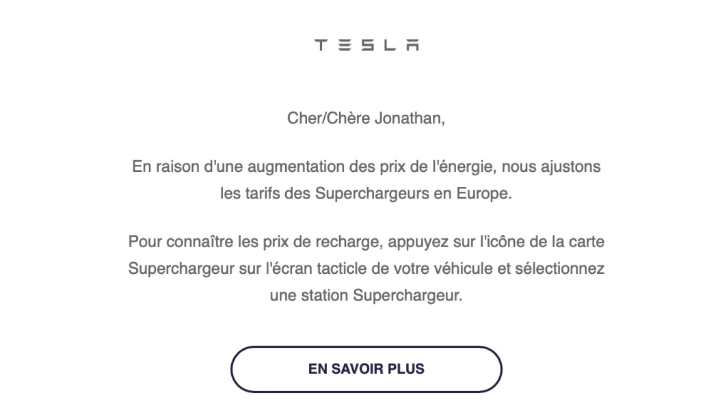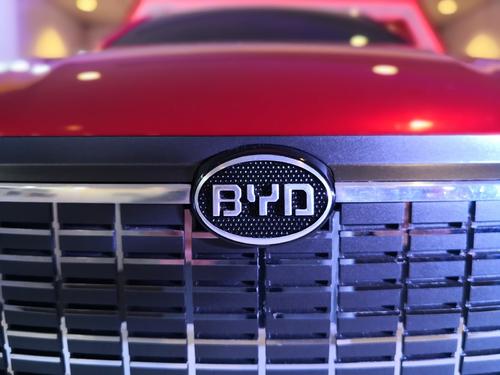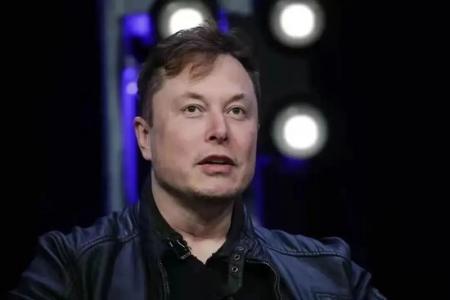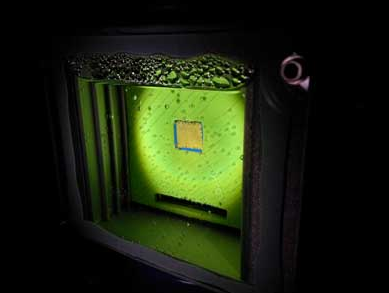your current location is:Home > carHomecar
Tesla drastically increases charging prices in Europe
Tesla has once again significantly increased its charging prices in Europe due to the worsening energy crisis facing Europe.
This makes the charging cost of electric vehicles in Europe very close to the fuel cost of fuel vehicles, and the low-cost advantage of electric vehicles in daily use is gradually disappearing.
Substantial increase in the price of superchargers in Europe
On Monday, local time, Tesla sent an email to owners in Europe warning them that the Supercharger network would see another big price hike.
In the email, Tesla blamed the price increase on rising "energy prices" in Europe: "We are adjusting charging prices across Europe due to rising energy prices."

One of the biggest advantages of electric vehicles is that they cost much less for daily use than gasoline-powered cars, because electricity is generally much cheaper than gasoline.
However, the cost of gasoline and electricity in Europe has been soaring this year due to sanctions imposed by Europe on Russian oil and natural gas after the outbreak of the Russia-Ukraine conflict, and the cost advantage of electric vehicles has gradually diminished.
In the past, it was difficult to charge more than $5 or $10 for a full charge with a Tesla Supercharger. But by now, charging with superchargers in many parts of Europe has reached $0.50 per kilowatt-hour, meaning a full charge could cost as much as $30.
The price of each charging station in Europe is different, but according to rough statistics from the industry website Electrek, after Tesla’s new round of price increases, the European charging price has increased by an average of 0.12 euros per kWh, and the price of super charging piles in most charging stations is All will be higher than 0.60 euros per kWh, which is an increase of more than 20%.
Electric vehicle charging costs are rising in Europe
Although the price of gasoline in Europe has also risen sharply this year, the cost of charging electric vehicles is still lower than that of gasoline vehicles in most parts of Europe, but its price advantage is already very weak.
It’s also important to note that Tesla’s adjusted charging prices only apply to Superchargers, which represent a fraction of the total charging bills for most EV drivers in Europe, as most charging takes place at home.
However, since the beginning of this year, household electricity bills in Europe have also been rising, and the cost pressure it brings to European electric vehicle drivers may not be low.
Electrek predicts that Tesla may increase its investment in solar energy and supercharger energy storage in the future to help control energy costs and ultimately control the price of superchargers.
related articles
Article Comments (0)
- This article has not received comments yet, hurry up and grab the first frame~













